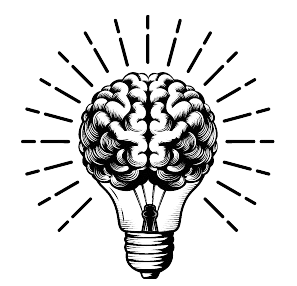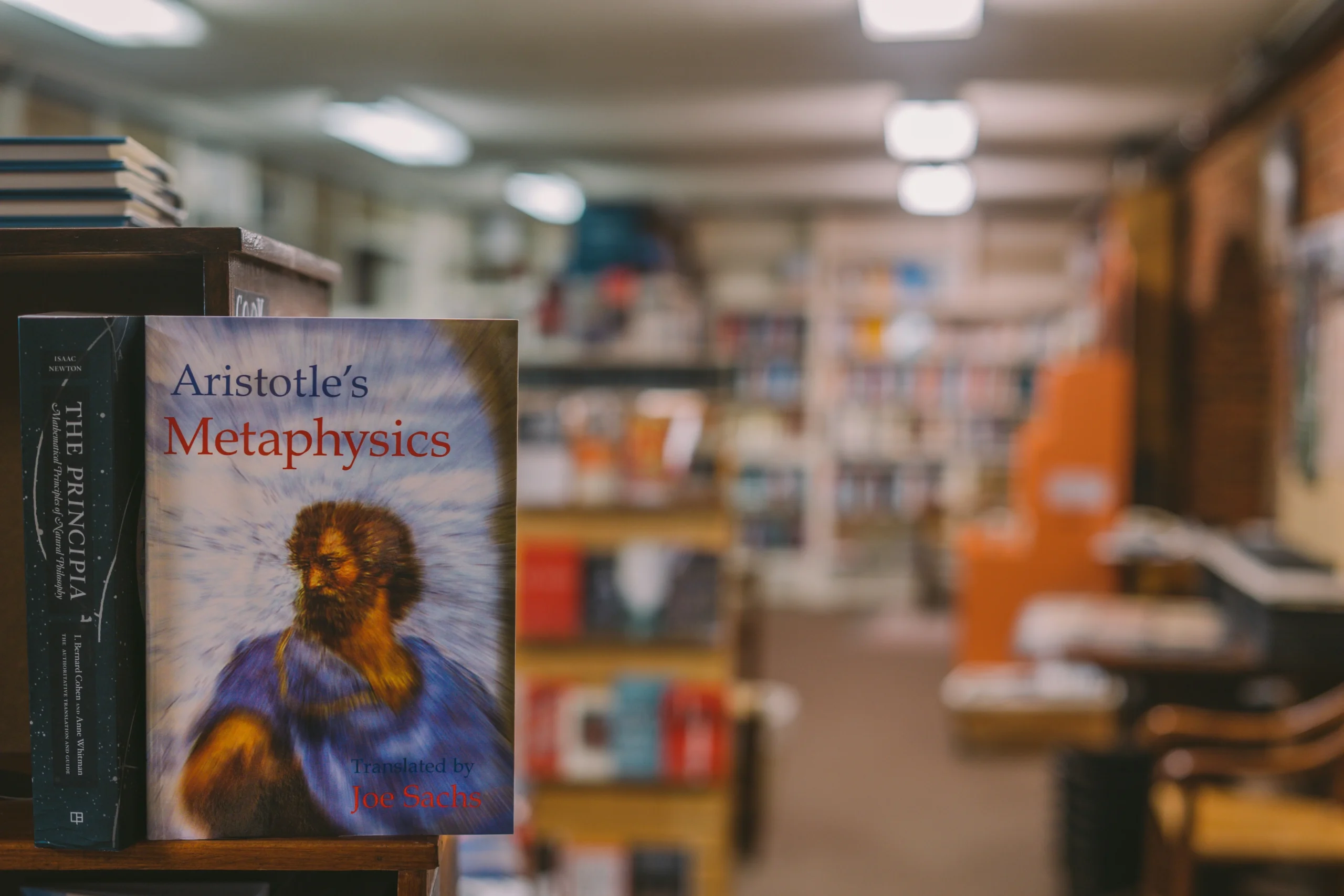Plato, the influential Athenian philosopher, left an indelible mark on Western thought. His ideas on justice and the ideal society continue to inform and challenge the development of ethical frameworks for governance even today.
Let’s delve into Plato’s concepts, line of thoughts, and explore how they’ve influenced our understanding of just leadership, helping in craving the geniune meaning of contemporary leadership.
The Cornerstone: Justice as Harmony
For Plato, a just society is one where each individual fulfills their designated role, creating a harmonious whole. He likened this to the human soul, with its three parts: reason (ruling), spirit (auxiliary), and appetite (working class) [1]. Just as a healthy soul requires these parts to function in balance, a just state thrives when each class fulfills its duties without meddling in others’.
Top 05 Leadership Qualities of Abraham Lincoln: Powering Transformation in his entire Life
The Ideal Republic: A Blueprint for Justice?
Plato famously outlined his ideal state in his dialogue, The Republic. This society comprised three classes:
- Philosopher Kings: Ruling elite, guided by reason and philosophical inquiry.
- Guardians: Warriors who maintain order and defend the state.
- Workers: Provide for the basic needs of the society.
Justice, in this context, meant fulfilling one’s role for the greater good, not individual gain. The philosopher kings, with their superior knowledge and wisdom, were best suited to lead, ensuring the state’s overall well-being.
Peace vs. Power: 05 Leadership Qualities of Gandhi and His Daring Experiment
Criticisms and Enduring Relevance
Plato’s ideas have been met with both praise and critique. Here are some key points to consider:
- Strengths:
- Emphasis on the importance of education and expertise in leadership.
- Focus on the common good over individual interests.
- Recognition of the need for social order and stability.
- Criticisms:
- Utopian and potentially authoritarian.
- Limits individual freedom and social mobility.
- The concept of philosopher kings might be unrealistic and elitist.
Lasting Impact: Plato’s Ideas in Action
Despite criticisms, Plato’s ideas have influenced various political thinkers throughout history.
- Founders of the United States: The American concept of a representative democracy with checks and balances might have echoes of Plato’s division of roles within a just society.
- Modern Meritocracy: The emphasis on education and expertise in leadership resonates with the idea of meritocratic selection for positions of power.
The Ongoing Debate
The debate surrounding Plato’s ideas continues. Here are some points to ponder:
- Can a balance be struck between individual liberty and the common good?
- What constitutes the “good” that governments should strive for?
- How can education be used to create a more just and ethical society?
06 Dark Leadership Qualities of Adolf Hitler – Traumatized the Whole of Europe for WW2
Authors’ Reviews
- Niccolò Machiavelli: The Italian political philosopher agreed with the need for strong leadership but emphasized the importance of practical experience and cunning alongside philosophical knowledge.
- John Rawls: The 20th-century political philosopher acknowledged Plato’s focus on justice as fairness but proposed his own theory of a “veil of ignorance” to ensure impartiality in creating a just society.
Conclusion
Plato’s ideas on justice and the ideal society remain a cornerstone of political philosophy. While his specific model might seem outdated, his core questions about leadership, social order, and the common good continue to shape our understanding, in wide variety of thoughts, of ethical governance. By engaging with Plato’s work and the ongoing debate it inspires, we can strive to build a more just and equitable future.
From Lawyer to Legend: 05 Leadership Qualities of Jinnah, The Quaid-e-Azam

